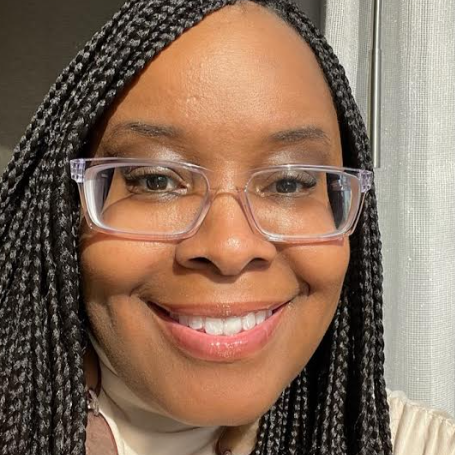
It’s that time of year again. The final grades have been posted, the end-of-year checklist has been signed and the chatter of children and the patter of feet have drifted through the doors following the ringing of the last dismissal bell. Summer has officially started. Now what?
As educators, we’ve all read the articles outlining the dreaded summer slide that describes how students lose some of the essential knowledge and skills gained during the school year. The summer slide is not limited to students, though. Exhausted educators can also fail to retain skills needed to successfully navigate learning environments, particularly when faced with new programs and initiatives.
Our need for self-care is more necessary than ever, but we must also minimize our risk of summer slides. How can we balance our desire to rest and relax during summer break while also engaging in learning to help us grow professionally? Books, podcasts and conferences can offer invigorating insights about our profession while soothing our senses.
Books
Not many things pair better with the beach than a book. Educators headed for sandy destinations (or comfortable couches) can fill their bags with text-filled treats designed for the perfect read. “AI for Educators” by Matt Miller provides detailed insights into the latest educational trend, ChatGPT, and artificial intelligence in education. Alexandra Robbins penned a riveting account of the current state of education in “The Teachers: A Year Inside America’s Most Vulnerable Important Profession.” Reignite your love for teaching through Jamie Sears’ book, “How to Love Teaching Again.”
Podcasts
Close your eyes and open your ears! Podcasts are excellent sources of information geared toward educators. “Sold a Story: How Teaching Kids to Read Went So Wrong” is a limited-series podcast by host Emily Hanford that addresses the impact of literacy instruction in early education. The “Cult of Pedagogy” podcast offers various topics ranging from blended learning to trauma-informed instruction. Bored Teachers’ “Teachers Off Duty” has the sound and feel of an old-school radio show with the noise and energy of a modern podcast.
Conferences
If you’re seeking a blend of summer vacation with fun, engaging learning opportunities, conferences may be your best destination. Touted as one of the world’s largest education technology conferences, ISTE Live is hosted by the International Society for Technology in Education. The event features over 900 sessions and attendees can select in-person or virtual options. Get Your Teach On aims to bring a party atmosphere for educators engaging in professional learning. Innovative practices and the spirit of sharing drive the Innovative Schools Summit, which hosts conferences in several cities. Remember that conferences have registration fees and related costs, such as travel and hotel reservations. Many attendees believe the experiences are well worth the expense.
Whatever you choose, summer break is the perfect time to rest, reflect and refresh. Engage in self-care and create moments that will make long-lasting memories. You deserve it!
During your summer, explore American College of Education’s fully online education programs to bolster your professional development and keep your brain engaged.

